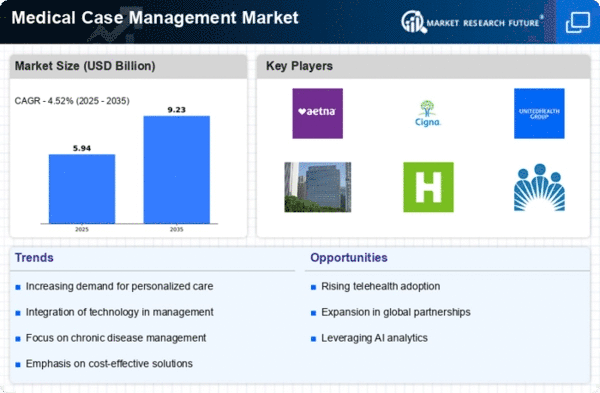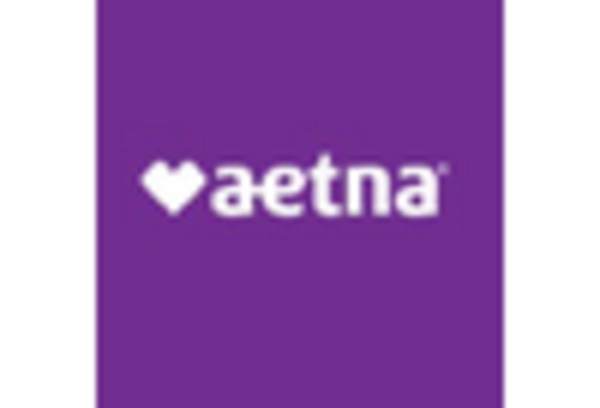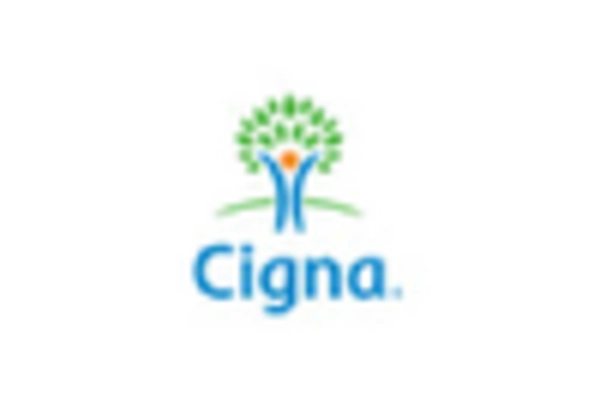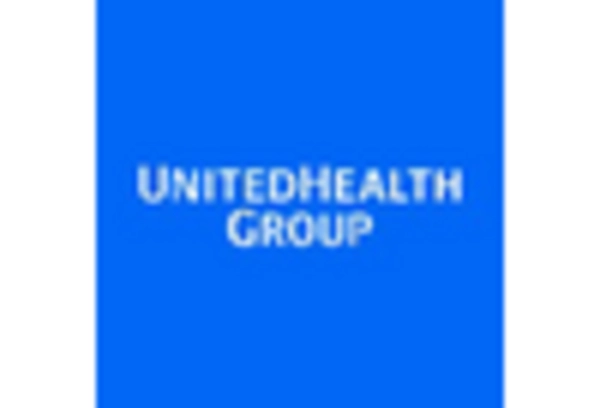Market Analysis
In-depth Analysis of Medical Case Management Market Industry Landscape
The electric trucks market in Europe is experiencing significant shifts in market dynamics driven by several key factors. One of the primary drivers is the increasing focus on environmental sustainability and the reduction of carbon emissions. Governments in Europe have been imposing rigid policies as well as incentives that encourage the use of electric vehicles, such as trucks. Thus, there is an increasing need for electric trucks as companies aim at congruency with the sustainability framework and adhering to emission regulations.
The preference for electric trucks is also driven by improvements in battery technologies. Better batteries have led to electric trucks with better ranges and performance, making them cost-effective options for logistics companies. Air pollution and ecological considerations concerning conventional diesel trucks cause many companies to adopt the electric version of those vehicles as a cleaner choice.
The dynamics of the electric trucks market in Europe are greatly influenced by infrastructure development. Charging infrastructure availability is an important aspect for companies considering the use of electric trucks. Governments and private entities are funding the development of charging infrastructures to meet with increasing electric vehicle demands. The provision of an all-inclusive and convenient recharging infrastructure is necessary to address fears regarding range anxiety and promote the wide adoption of electric trucks.
In Europe, the electric truck market is still regulated by state policies and incentives that also contribute in influencing its dynamics. The affordability of electric trucks is partly made possible through subsidies and tax breaks offered by governments which help to make such vehicles more attractive for businesses. Moreover, laws that limit or impose sanctions on traditional combustion engines in selected cities become the driving force for companies to switch over electric trucks from local regulations and penalties.
The actions of influential companies in the industry and producers also define the trends governing Europe’s electric trucks market. Established truck manufacturers as well new entrants are investing on research and development to launch innovative electric trucks models. The collaboration with the technology companies and integrated smart connectivity components are increasingly adopted as a standard trend for manufacturers to survive in this rapidly changing market. Distribution of purchasing decisions depends on the reputation, reliability and performance offered by manufacturers that manufacture electric trucks. The introduction of these forms an essential part in market dynamics
A key determining factor of market dynamics in this case is the consumer awareness and acceptance of electric trucks. In response to the rising awareness of environmental concerns, consumer preferences are shifting toward environmentally conscious businesses.
Still there are challenges left, including the high upfront cost of electric trucks, charging infrastructure concerns and other technological issues that still need to be resolved. However, ongoing efforts by stakeholders in the electric trucks ecosystem, including manufacturers, governments, and infrastructure providers, aim to address these challenges and foster a more conducive environment for the growth of the electric trucks market in Europe.


















Leave a Comment